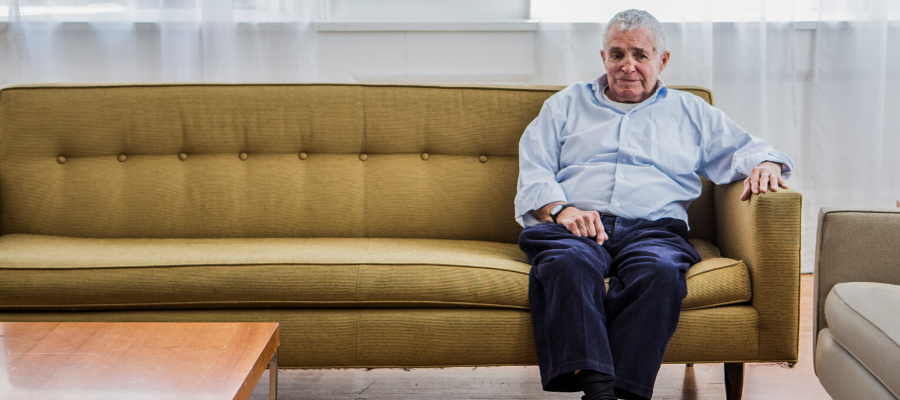This COVID-19 pandemic came quickly. It thrust us into a world most have never experienced before. Businesses closed almost instantly. We were advised to self-isolate and keep our distance from other human beings in order to stay healthy. While most would argue it is the right thing to do to protect our health, being isolated from other people can cause other problems such as loneliness, depression and even suicide. In this article I’ll discuss COVID-19 and elderly isolation, why it impacts seniors disproportionately and what you can do about it.
Why Is The Risk Higher In The Elderly?
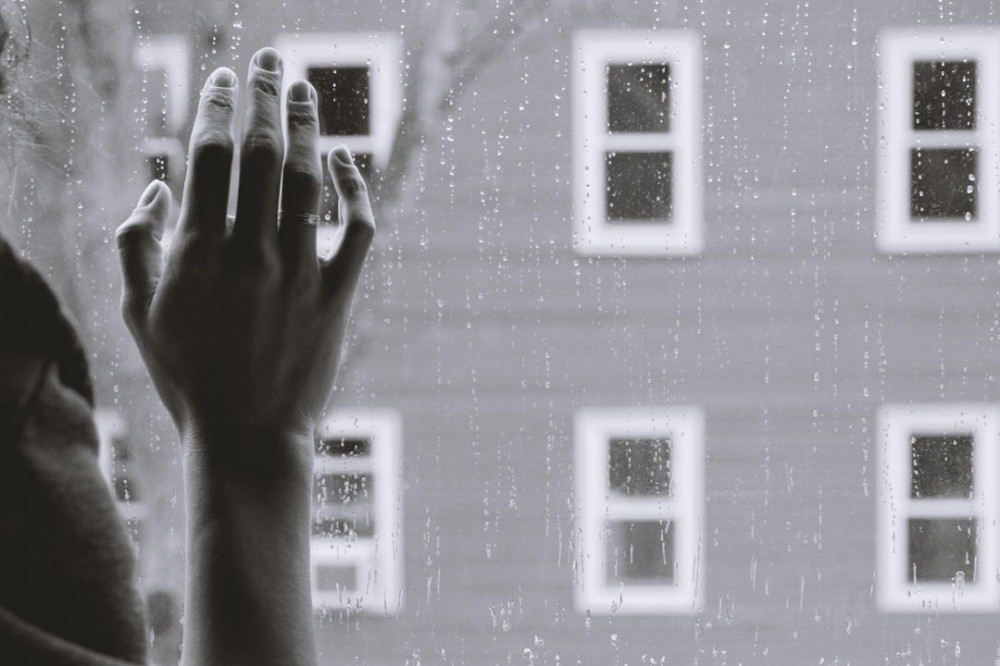 First of all, the most at-risk population for contracting COVID-19 and dying from it are older adults over the age of 80. The estimated fatality risks of the disease in this group is 9.3% compared with just 0.2% in the general population.
First of all, the most at-risk population for contracting COVID-19 and dying from it are older adults over the age of 80. The estimated fatality risks of the disease in this group is 9.3% compared with just 0.2% in the general population.
The dizzying spread of this disease, combined with the social and physical distancing restrictions put in place, have contributed to an epidemic of another sort – loneliness. I have read quite a few studies about the impact that isolation and loneliness has on our health. Psychiatry Advisor has a great article on this if you’re interested.
I have seen firsthand how the current period of self-isolation is disproportionately affecting our elderly population. Prior social contacts for this group occurred largely at community centers or places of worship, all now closed due to the pandemic. At a recent off-site board meeting of the Cathedral City Senior Center (prior to COVID-19) we identified loneliness and isolation as one of the biggest problems our members were facing. Coming to the center on a daily basis, whether to eat lunch, play games or just talk with someone, was often the only time they had contact with another human being.
Seniors who do not have close family or friends, and rely on the support of voluntary services or social care, could be placed at additional risk. Social isolation can even lead to depression, increased cases of psychosis, delusions, and suicidal behavior, as well as higher numbers of hospitalizations.
What Can We Do About It?
Social or physical isolation is a method to improve public health. But, considering the adverse effects of social isolation, especially in the elderly during this strange COVID-19 lock down, how do we combat that?
Technology
One way is through technology. Zoom meetings have become hugely popular during this pandemic. Apps like House Party, Skype and Face Time can be used to stay connected to friends and family as well.
But, what if a senior doesn’t have a smart phone? Or, they don’t know how to use it? Is there something you can do to help them get connected? Many tech experts are finding innovative ways to keep people connected during this period of social isolation.
Volunteer
Many local governments, agencies and non-profits are doing some great things to help seniors stay connected. I talk about some of them below. If you have time (and are climbing the walls yourself due to being at home) get out and volunteer (safely of course) to help the more vulnerable among us.
What Local Governments and Agencies are Doing?
During this time we have 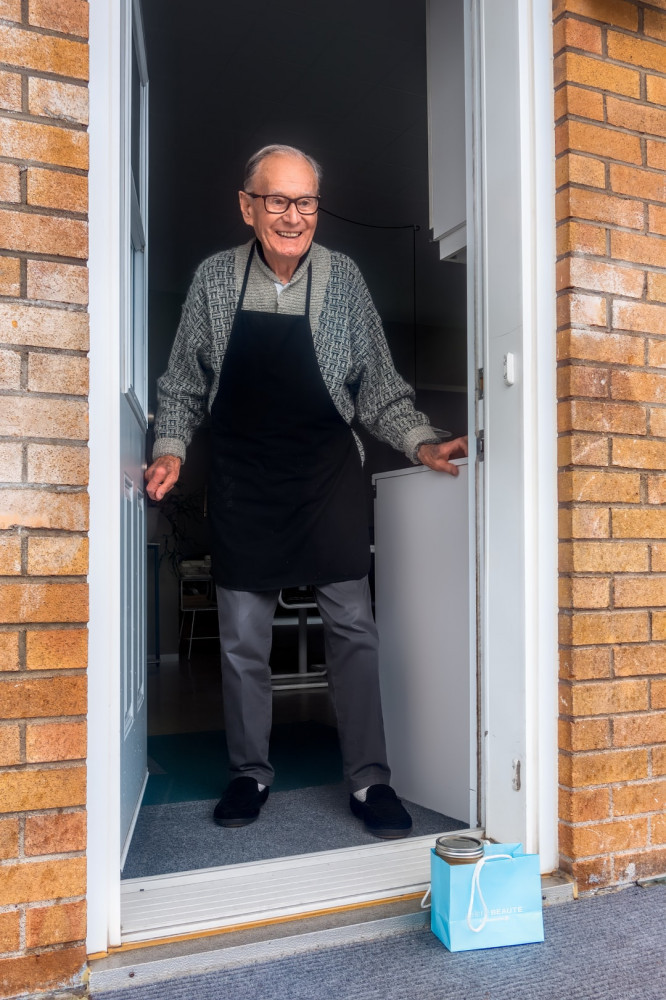 seen a tremendous outpouring of support from local governments, agencies and non-profits providing services and support to isolated seniors. This includes:
seen a tremendous outpouring of support from local governments, agencies and non-profits providing services and support to isolated seniors. This includes:
Food Banks – A number of seniors relied on local senior centers for daily meals prior to COVID-19. Now that they are closed, we’ve seen many of the senior centers turn to providing home delivery or pick-up of meals to make sure people don’t go hungry.
Friendly Caller Programs – Picking up the phone and calling an isolated senior just to check in on them can mean a lot. We are doing this at the Cathedral City Senior Center and our members are loving it.
Running Errands – Some local agencies and non-profits are having volunteers run errands for seniors who are in need of groceries or who need to refill a prescription.
Virtual Exercise Programs – I have seen several exercise videos and virtual exercise classes encouraging seniors to stay active during this lock down. There are so many physical and emotional health benefits to staying active and just simply moving.
Check in on Your Neighbor – Maybe you see her go to her mailbox to get her mail occasionally. Or, you see him struggle to haul his garbage bin up from the street on garbage day. You may wave and smile. But, they seem capable. But, do we really know? I have two elderly neighbors who I wave to and speak to occasionally, but I made a point to ask them if they were ok and if they needed anything. I also offered to get groceries for them when I went to pick up mine. I really don’t know their situation but I at least wanted them to know I was here and able to help if they do needed it.
A New Chapter
I know you’ve heard it before…”we’re all in this together”. Or, “we’ll get through this together”. Or, “this is our new normal”. Like you, I am trying to figure out how to describe the way this is altering my life and what the future is going to look like. One thing for sure, it is a new chapter.
How will I write this next chapter? What will I do during this unprecedented time?
If there are other ideas you have that can make a difference to our population most at risk to loneliness and isolation, please share in the comments below.
Recommended For You
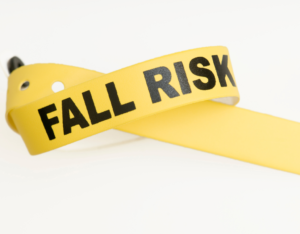
Senior Fall Prevention Checklist – Download For Free!
Every year, millions of older adults fall at home and falls are the leading cause of injury-related emergency department visits, hospitalizations and deaths. In this article I will show you how you can prevent falls using a simple senior fall prevention checklist. Take a minute to download this free checklist
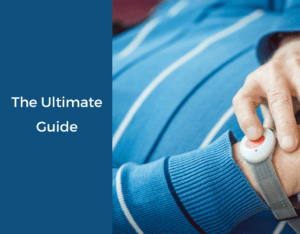
Senior Fall Alert Systems
My mom laid on the floor with a broken leg for 8 hours until my dad found her the next morning. She was in the kitchen and tried to transfer …

Kitchen Tools for Seniors & Disabled – Must Haves
My mother, Barbara, had progressive MS for most of her adult life. Complications from MS, along with a stroke, left her unable to do many of the normal activities of daily living. Bathing, dressing and eating were some of the things she could not do by herself. Fortunately, she was
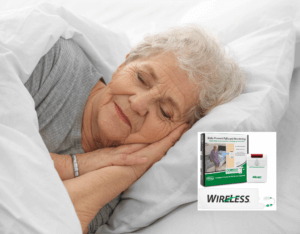
Smart Caregiver Bed Alarm Sensor Pad – For Peace of Mind
I know many caregivers who are caring for someone who is at risk of falling or wandering off. This can be a challenge and puts a lot of stress on …
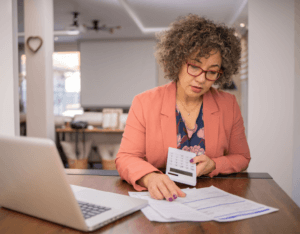
Caregiver IRS Tax Rules – A Guide for Caregivers
Caring for a loved one or working as a professional caregiver involves numerous responsibilities, including understanding the relevant tax implications. The IRS has specific rules that can affect caregivers, whether …
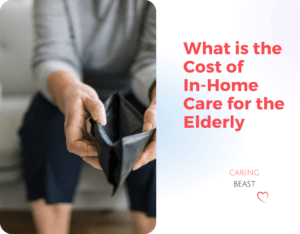
What Is The Cost Of In Home Care For The Elderly
As a home care agency owner, I got this question a lot. What is the cost of in home care for the elderly? In this article I will help you understand the costs associated with hiring a caregiver, the factors that determine those costs, and some options for helping you

